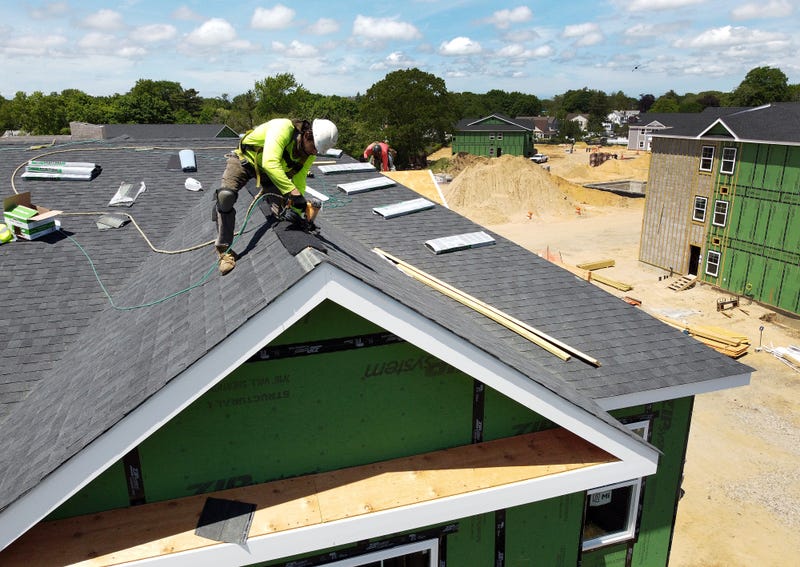
The August heat reminds plenty of people in the Gulf Coast region that the meat of hurricane season is still upon us. Homeowners throughout the area have been squeezed by high insurance rates, and many are anxious to find any leg up when it comes to slashing those costs and ensuring the safety of their property.
Alex Cary, Director of Fortified Market Development at the Insurance Institute for Business and Home Safety, spoke to WWL’s Tommy Tucker about what is being done to make homes more resilient to the hurricanes and severe storms that are common to southern Louisiana.
“Really, it starts with the roof. The roof is what we’ve found in our research to be the most important thing, and it’s the first line of defense. It’s the first thing to get damaged (in a storm) and it’s the least inspected from a code perspective,” Cary explained.
Ultimately, a fortified roofing system is a whole home protection system, according to Cary.
“There are bolts tying the wood frame to the foundation and then we make sure that all the framing elements have some sort of metal connection. We make sure that an engineer has been involved to specify what those pieces are to ensure that they can carry the wind loads for the location of the house,” she told WWL’s Tommy Tucker.
Cary emphasized the importance of precise engineering when it comes to home fortification, as there are many design variables that can make the process more challenging.
As far as helping to lower insurance rates, Cary explained that it comes down to insurers’ confidence in the fortification system and its ability to protect a home.
“Any carrier that does business in Louisiana is looking for that fortified certificate we give them at the end of the process. That’s because it tells them that not only were the standards met, but we’ve actually checked them twice via an evaluator and an auditor. Then we issue a certificate, which gives them great confidence that those homes have a much better chance of performing during storms,” added Cary.
